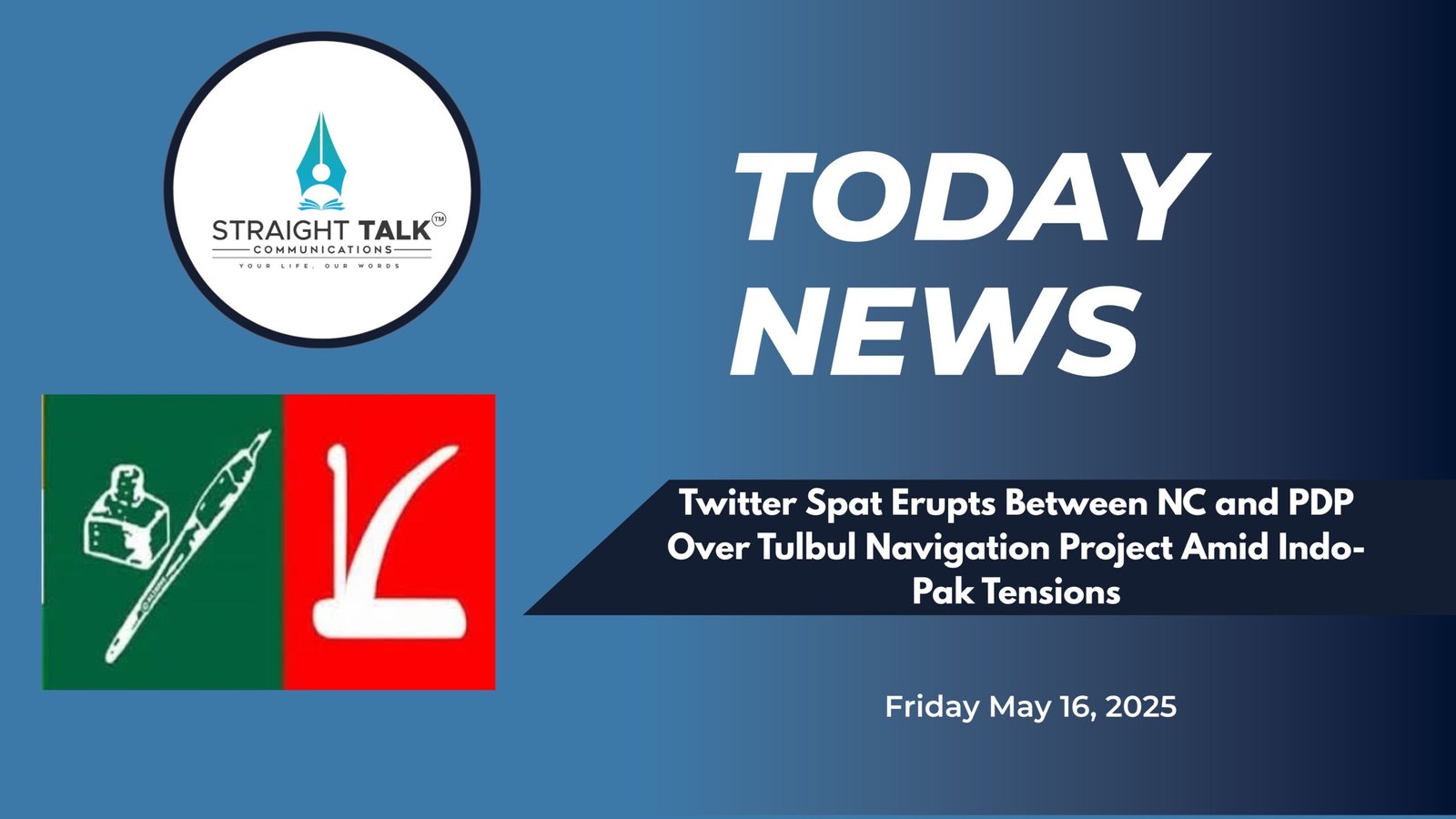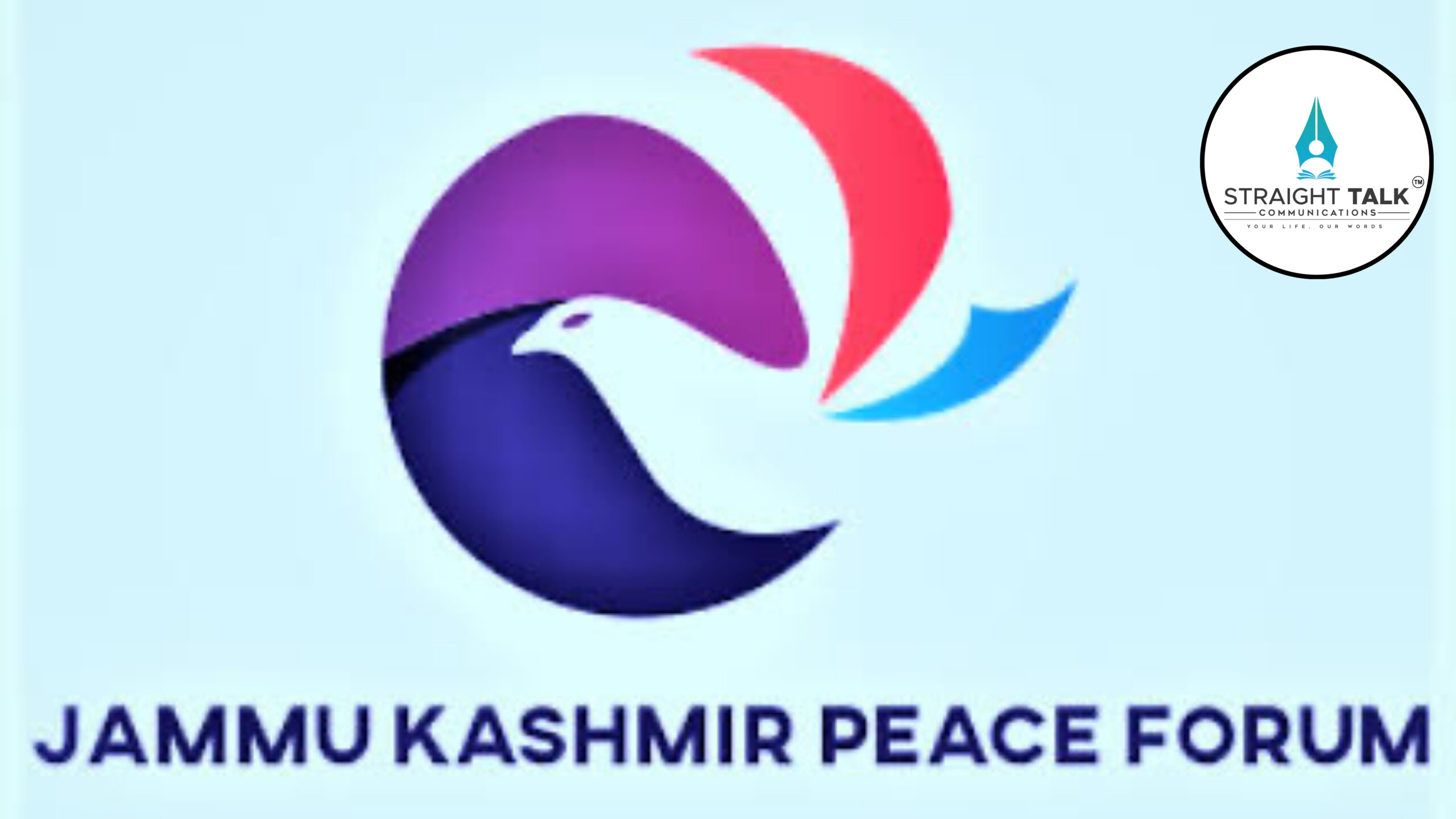Twitter Spat Erupts Between NC and PDP Over Tulbul Navigation Project Amid Indo-Pak Tensions

STC NEWS DESK
May 16, 2025 Srinagar (STC) : A political firestorm erupted on social media after National Conference leader Omar Abdullah advocated for the revival of the Tulbul Navigation Project in North Kashmir, citing the temporary suspension of the Indus Waters Treaty (IWT). The long-abandoned civil project on the Wular Lake, he argued, could enhance navigation on the Jhelum River and boost hydroelectric power during winters.
Omar Abdullah’s tweet stated, “Now that the IWT has been ‘temporarily suspended’, I wonder if we will be able to resume the project… It will also improve the power generation of downstream power projects, especially in winter.”
This triggered sharp criticism from PDP leader Mehbooba Mufti, who termed Abdullah’s call “deeply unfortunate” amid strained Indo-Pak relations. She argued that reviving the project could escalate regional tensions and warned against “weaponizing” water. “Our people deserve peace… Weaponizing something as essential and life-giving as water is not only inhumane but also risks internationalizing what should remain a bilateral matter,” she wrote.
Abdullah fired back, accusing Mufti of pandering to Pakistan and refusing to acknowledge how the IWT had harmed Jammu and Kashmir’s interests. “The IWT has been one of the biggest historic betrayals of the people of J&K,” he stated. “Opposing a blatantly unfair treaty is in no way… warmongering. It’s about correcting a historic injustice.”
The spat escalated further when PDP leader Waheed Para jumped in, slamming Abdullah’s remarks as hypocritical. “This comes from a Chief Minister who tried to sabotage ceasefire efforts with war cries,” Para wrote, accusing Abdullah of using anti-national labels to silence peace-seeking voices in Kashmir and alleging double standards in his political alliances.
The Tulbul Navigation Project, first initiated in the early 1980s, was suspended after Pakistan raised objections under the IWT. With the treaty now temporarily paused, the project’s future and the debate over water rights in Kashmir have returned to the forefront of political discourse.
As regional tensions persist and water security becomes increasingly critical, the online war of words underscores how infrastructure projects can rapidly transform into flashpoints for geopolitical and domestic political battles.







